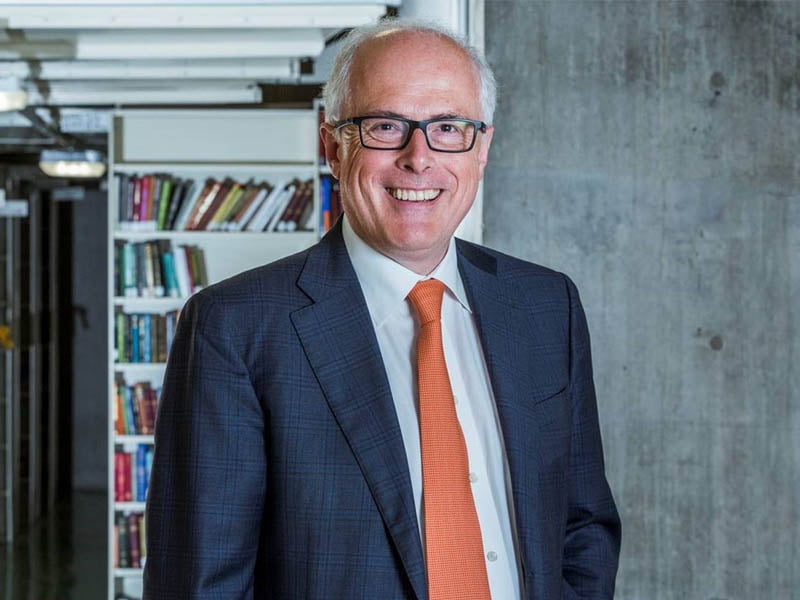New South Wales’ State Librarian, John Vallance, has a frankly astringent view of the state of Australian innovation.
“The whole concept of innovation is fascinating especially now that it is part of the political discourse in the country,” Dr Vallance says.
“A lot of people that talk about innovation haven’t reflected very deeply on what it is and what they mean by it and in a political context the word innovation is a concept surrounded by dollar signs. It has a very clear economic value.”

“For other people innovation involves renewing something,” and that may not be very costly, says Dr Vallance who reprises the definition of an engineer, as someone that can do for $1 what anyone could do for $10.
“In that context, innovation is finding more efficient ways of doing old tasks,” says Dr Vallance who was appointed State Librarian and chief executive last year after a long period in education.
“A lot of the innovation we see and that innovation puffed by government is clever rather than useful,” he said.
“There are various innovation centres in Sydney and I drop in and see them and there are people doing incredibly clever things – and I’m impressed. Then I go out and think ‘I’d never pay for that’.
“There’s a fine line between discovering something that we didn’t know we needed and just being pushed into some kind of novelty,” he says.
Not that the sector he now works in has been immune.
“Libraries and education have been much seduced by the promise of technology and innovation,” he says. And while he acknowledges that digital technology has delivered as significant a revolution as the invention of printing, he worries that some institutions have focused on the means rather than the ends.
“A lot of libraries… have become so focussed on delivery and providing the latest forms of access that they haven’t reflected as much as they should have on why they are providing the service in the first place.
“The revolution in technology brings an obligation to reflect deeply on what libraries are for and what they exist to achieve. In the very simplest form they exist to collect, protect and make accessible material, evidence and it could be literary, scientific, physical – about who we are, our place in the world and what the world is in the most general sense.
Dr Vallance is not easily seduced by fancy apps, gizmos and virtual reality – though he does applaud how digitization of collections can make them more widely accessible. But he also understands technology’s limitations.
“One of the biggest challenges we are wrestling with here paradoxically is finding long term digital storage for the collections. it is still the case that the cheapest long-term way of preserving information is on paper. That is still true.”
Continuous innovation for its own sake exacerbates the problem as; “Libraries round the world are spending huge amounts of money trying to solve the technical challenge of storing petabytes of data where file formats are changing, and the software that you need in order to interpret files is changing all the time.
“I have a pile of floppy disks in my garage at home that I can’t read. They are 20 years old. But I have a book that was published in 1600 that I can read.”
He acknowledges that technical innovation has placed different expectations on libraries, particularly search engines.
“The technology Google has developed is way ahead of the search technology that most libraries can offer. Trying to bring the Google innovative stream and harmonise it with what libraries are doing is not at all straightforward.”
The challenge is compounded because copyright law and the legal framework surrounding how libraries can make materials accessible has not kept pace and: “Seems to me to be lagging about a quarter of a century behind the technology.”
Dr Vallance says that while there are efforts to address the problems surrounding the deposit of digital copyright material “Publishers still have a long way to go to reach the point that, say, music publishers have reached. “
“When I worked in schools trying to persuade people to set up a Spotify for text books where you pay a small subscription and download any book you needed. We’re still a long way from that.”
Do you know more? Contact James Riley via Email.

